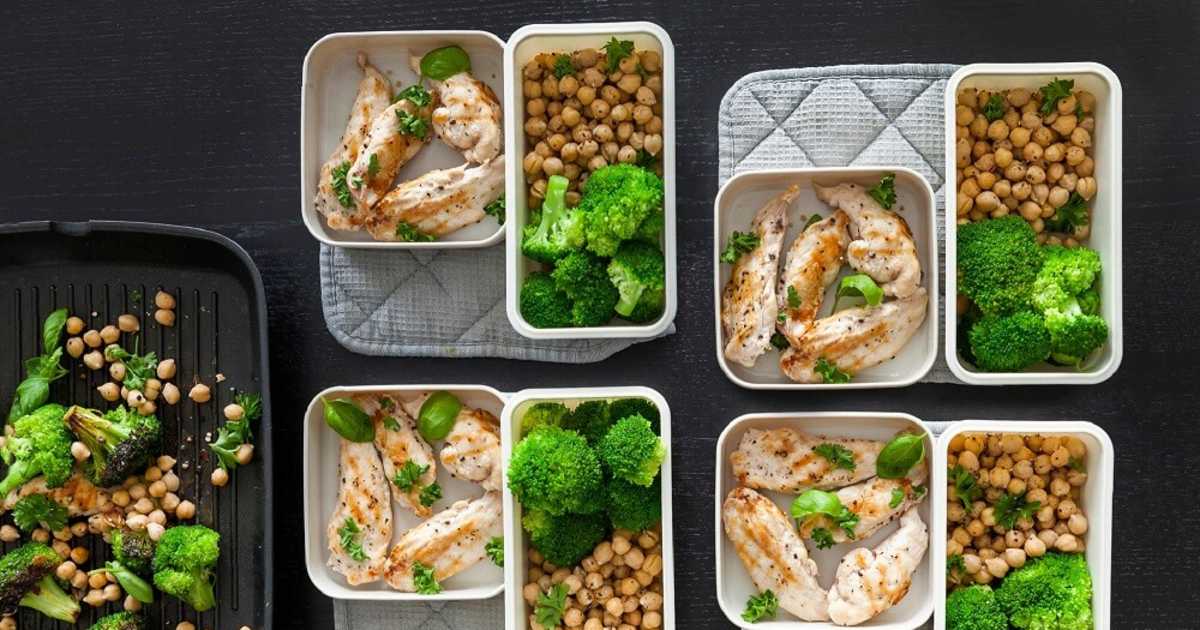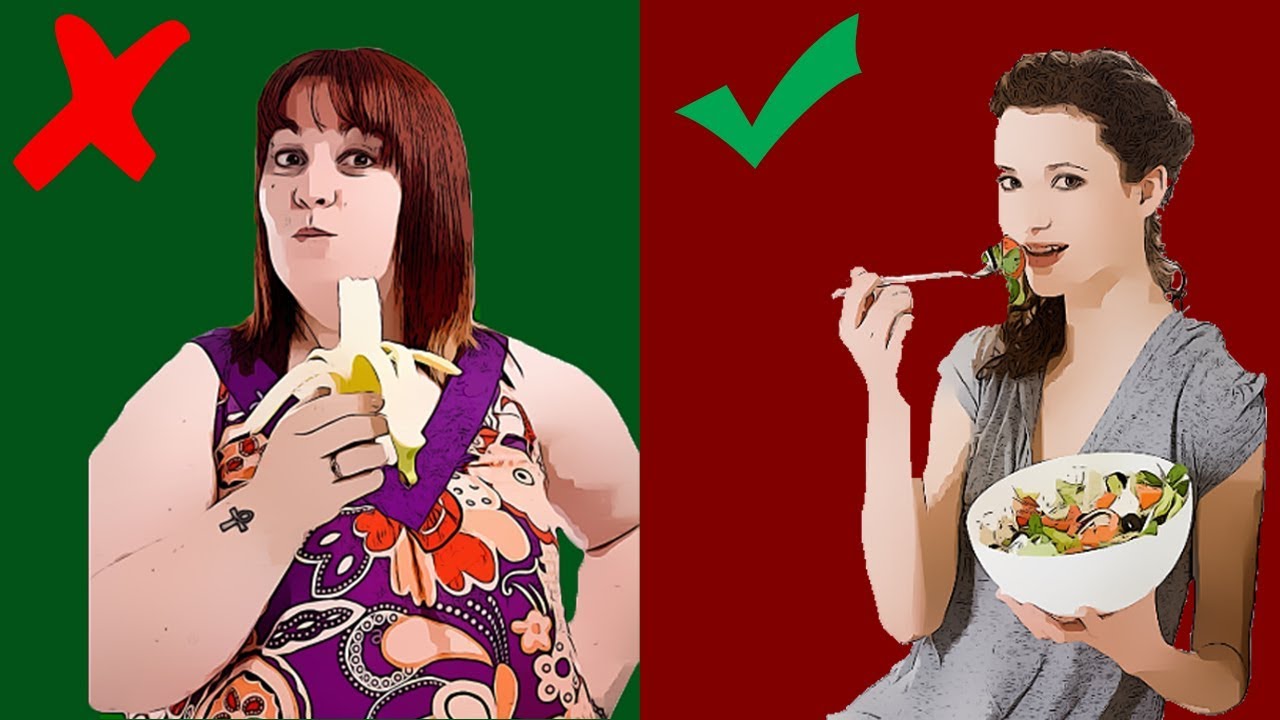
You may be interested in building muscle mass and burning more calories. The truth is that lifting weights actually burns fewer calories than other forms of exercise, but the benefit is greater: you'll have more muscle, which means you'll have a higher resting metabolic rate. Here's how to calculate the number of calories you'll burn lifting heavy weights for high reps.
Lifting weights will increase your calorie burn.
You will burn more calories if you lift heavier weights. You must exert enough effort to burn calories. It is not enough to use the same amount of muscle groups in one exercise. Be sure to set a weight for 15 to 30 reps. The more muscle you have, and the more calories you'll burn, the better. Squats can be done on all the body, while leg extension targets the quads.

While it is well-known that weightlifting burns less calories than aerobic exercise (which is often the case), many people mistakenly believe that the reverse is true. Half an hour of lifting weights will burn 122 calories. It is similar to slow dancing or bowling. But this is a ludicrous idea - a full hour of vigorous lifting burns approximately two hundred and twenty-three calories.
Calculating calories burned by lifting heavyweights
Lifting heavy weights burns a large number of calories, which differs greatly depending on the amount of weight used and how long you exercise. The American Council on Exercise lists many factors that can influence how much calories you burn while exercising. These include intensity, body mass, fat, age, efficiency of movement, and body mass. Apps, smartwatches and other fitness devices may not accurately calculate how many calories are burned lifting heavyweights.
In order to use a calculator, enter your body weight, MET value, and duration to get an estimate of how many calories you'll burn. This means that a person weighing 175 pounds will burn about 210,000 calories per hour of lifting heavy weights. This number will depend on the intensity factor. It is 3.5 for light lifting and five for heavy lifting. After you have calculated how many calories you will burn lifting heavy weights, you can start to measure your progress.
Increasing the number of calories burned by lifting high reps
There is a continuum in the effects of resistance training on calories burned and weight. Intensive workouts burn more calories per hour than low-intensity exercise, while lower-rep exercises burn less calories. Similar results can be achieved by using moderate weights and high repetitions in strength training. However, results from the study were not the same for both the strength and weight training groups.

It is important to choose the right weight for lifting. The goal is to lift enough weight to create an intense afterburn that will result in more calories being burned throughout the exercise. You will burn more calories while lifting heavier weights. Additionally, you can build more metabolically active tissue by lifting heavier weights. Your goals will dictate whether or not you decide to lift heavyweights. The best weights to lift are those who wish to build muscle, and the lighter weights for those who just want to lose some weight. You can maximize both types by incorporating interval training into your routine.
FAQ
How to Create an Exercise Routine?
The first step is to create a routine for yourself. You must know what you will do each and every day, as well as how long it will take. This helps to plan ahead and avoid procrastination.
Second, make sure that your workouts are varied. It is important not to get bored while exercising. This will cause you to lose interest and make it difficult for you to stick with it.
Also, you need to keep track on your progress. It's crucial to track your weight changes over time.
You can lose weight quickly if you do not gain weight. You may find it difficult to stay motivated if your weight increases.
Find a healthy balance between losing weight and gaining weight. You'll find it harder to exercise if you don't like where you are at the moment.
Are there any side effects of intermittent fasting?
Intermittent fasting does not have any known side effects. If you don't plan well, you may experience minor issues.
For instance, if breakfast is skipped, you might feel uneasy all day. You might also experience headaches, dizziness, fatigue, and muscle cramps.
These symptoms are usually gone within a few days.
Why exercise is important to weight loss
The human body can be described as an amazing machine. It was built to move. Our bodies are designed to move, whether we're running, swimming or biking, lifting weights, doing sports, jumping rope, walking or standing still.
Exercise is good for your health and helps you tone your muscles. This helps you feel happier both mentally and physically. People may have heard that exercising is important for weight reduction. But how can this be true?
-
The exercise increases metabolism. Active people use energy. Your heart rate increases, blood flow to your muscles and oxygen is absorbed from your lungs when you move. All of these activities consume energy. You can burn calories more easily by exercising and increasing your metabolic rate. The amount of energy that your body burns during exercise is called the "burning calories".
-
Exercise reduces appetite. Exercise can help you lose weight.
-
Exercise builds strength. Muscle tissue uses more energy than fat tissue to function. So if you build lean muscle mass, you will need less food to maintain your current weight.
-
Endorphins are released when you exercise. Endorphins are hormones that make you happy. They are released into the bloodstream during exercise. Endorphins block pain signals from reaching the brain, according to studies. This can give you a sense of well-being.
-
Exercise improves self-esteem. Regular exercise is associated with higher self-esteem. This leads to healthier lives.
Make small changes to lose weight. Consider adding these tips to your daily routine.
Can I eat fruits when I am intermittently fasting?
The health benefits of fruits are numerous. They contain vitamins, minerals, fiber and antioxidants. They also contain sugar, which can lead to blood glucose levels rising. This can lead to insulin resistance, weight gain, and even diabetes. If you're looking to lose weight with an IF diet then you should choose fruits that are low in glycemic.
Is intermittent fasting affecting my sleep quality?
Intermittent fasting can affect your sleep. When you skip meals, your hunger hormones increase. This can lead to you waking up early in the morning.
Experts advise skipping breakfast. They recommend eating a light snack before bed.
If you still feel hungry after eating this snack, you may want to eat a small breakfast before going to bed.
But remember not to overeat. If you do this, you might gain weight instead of losing it.
What foods help me lose more weight?
By eating less calories, you can lose weight quicker. There are two ways to do this:
-
Reduce how many calories you eat daily.
-
Physical activity can help you to burn more calories.
It is not easy to reduce the calories you consume. We are constantly being bombarded by calorie-dense fast food options every where we go. Here's a list that will help you lose weight.
-
Beans are high on fiber and protein. Beans are low in fat and therefore a great choice for those who are trying to cut down on their caloric intake.
-
Oatmeal, while low in calories, is high in nutrients like potassium and magnesium. Oatmeal is lower in sugar than other cereals.
-
Eggs are full of cholesterol and protein. Eating eggs once or twice a week can boost your metabolism, helping you burn more calories throughout the day.
-
Whole grain bread has been shown to reduce hunger pangs so that you may feel fuller longer.
-
Dark chocolate is rich in antioxidants and flavonoids. These substances have been shown to improve heart health and lower blood pressure.
-
Cottage cheese is high in calcium, which helps to build strong bones. It is also rich in vitamin D, which increases immunity.
-
Omega-3 fatty acid rich salmon is good for your brain and cardiovascular health.
-
Green tea contains a lot of catechins. These are compounds that can fight cancer and improve metabolism.
-
Broccoli, a rich source of folic acid, is great for lowering homocysteine levels. Homocysteine concentrations that are too high have been linked with an increased risk for heart disease and stroke.
-
Yogurt is a great way to add probiotics into your diet without loading up on added sugars. Probiotics are essential for digestive health.
-
Berries can be a healthy snack choice that tastes great and is very nutritious. Blueberries (strawberries), blackberries; raspberries and cranberries all provide excellent sources of vitamins.
-
Avocados are bursting with healthy fats. A half avocado has only 80 calories and offers plenty of filling fiber and potassium.
-
Nuts are a tasty snack option that also happens to be a great source of protein. You can choose from cashews or hazelnuts, almonds, walnuts or pecans.
-
Sweet potatoes, another starchy vegetable, are rich in beta-carotene which gives your skin a glow. Because they have higher levels of beta carotene, the orange sweet potatoes are more beneficial than regular sweet potatoes.
Statistics
- Among women, the increase in metabolic rate was nearly 4%, or 50 more calories per day (14Trusted Source (healthline.com)
- A 12-week study in 20 women with obesity found that walking for 50–70 minutes 3 times per week reduced body fat and waist circumference by an average of 1.5% and 1.1 inches (2.8 cm), respectively (healthline.com)
- One 6-month study showed that simply doing 11 minutes of strength-based exercises 3 times per week resulted in a 7.4% increase in metabolic rate, on average. (healthline.com)
- According to a study sponsored by the American Council on Exercise, a person weighing around 140 pounds (64 kg) would burn 108 calories at a 30-minute beginner's Pilates class or 168 calories at an advanced class of the same duration (26). (healthline.com)
External Links
How To
How to lose weight quickly without exercising
The best way to lose weight fast without exercise is to eat fewer calories than you burn. This will encourage your body's ability to use fat stores as energy. Your body will reduce the amount of calories you eat and begin to use that energy to make muscle tissue, leading to some muscle reduction. If you don't exercise while dieting, you can still lose weight. But you will probably lose even more.
You can lose weight quickly without having to work out by reducing your calorie intake. Most people think they should reduce their food intake to lose weight, but this isn't true. When you're trying to lose weight, you want to make sure you're eating fewer calories than you're burning. So how much should you eat every day? It all depends on the type of activity that you do each day. For example, someone who walks 3 miles daily would only need around 2,500 calories daily. One who sits at the desk all day would require 1,600 calories daily. Someone who exercises (e.g., lifting weights) daily would need around 1,600 calories.
If you are trying to lose weight, you should try to reduce your caloric intake. Many people believe that they need to eat less because they feel starving. This is not true. Your body doesn’t care if you’re hungry or full; it simply wants to work properly. To get rid of extra pounds, you need to keep track of your calorie consumption. There are many apps available online that allow you to monitor your calorie intake. MyFitnessPal (Calorie Counter), and LoseIt are just a few of the many apps available online.